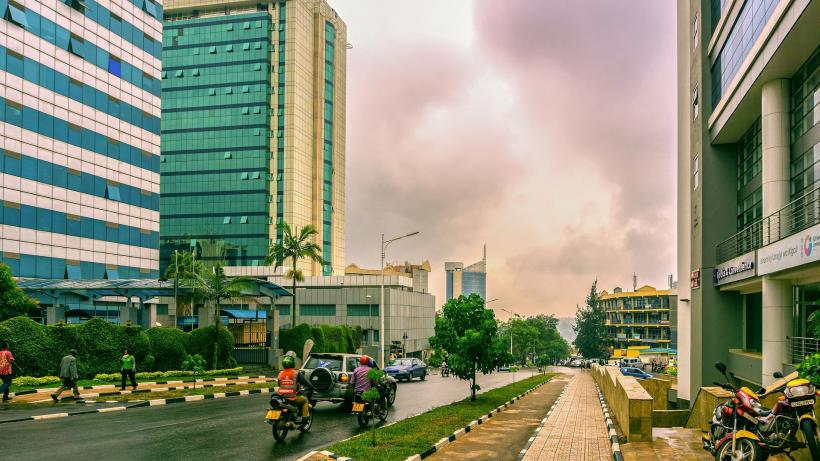
Jobs in a crisis: Principles of effective public employment programmes
-
Bower-et-al-2020-Policy-Brief-1.pdf
PDF document • 1.77 MB
- This brief outlines the role of public employment programmes (PEPs) in overall economic crisis response with reference to the COVID-19 pandemic. Unemployment has spiked in developing countries, due to COVID-19 mitigation measures, such as national lockdowns and the indirect effects of the economic global shock from the pandemic.
- PEPs often form part of countries’ recovery plans after economic shocks such as COVID-19 and can be a policy tool to provide social protection, create jobs and provide public infrastructure.
- This brief focuses on two initiatives in Rwanda that function as PEPs, including the Vision Umurenge Program and a school construction programme, but also draws on international experience, to outline principles for effective public employment programmes.
- PEPs should be set at the right level – high enough to help the poor, but low enough not to distort market wages; PEPs should target the poor effectively, and if they have a gender quota they may have the greatest welfare impact. PEP design is important to achieving impact; and community engagement is important.
- Effective PEPs find ways to efficiently balance the three objectives of social protection, job creation and the provision of public infrastructure. They are most effective and timely where institutional and fiscal capacity exists before a crisis hits. Finally, they are not a panacea and need to coordinate with and be complemented by other measures to reduce poverty and provide employment in a crisis.







